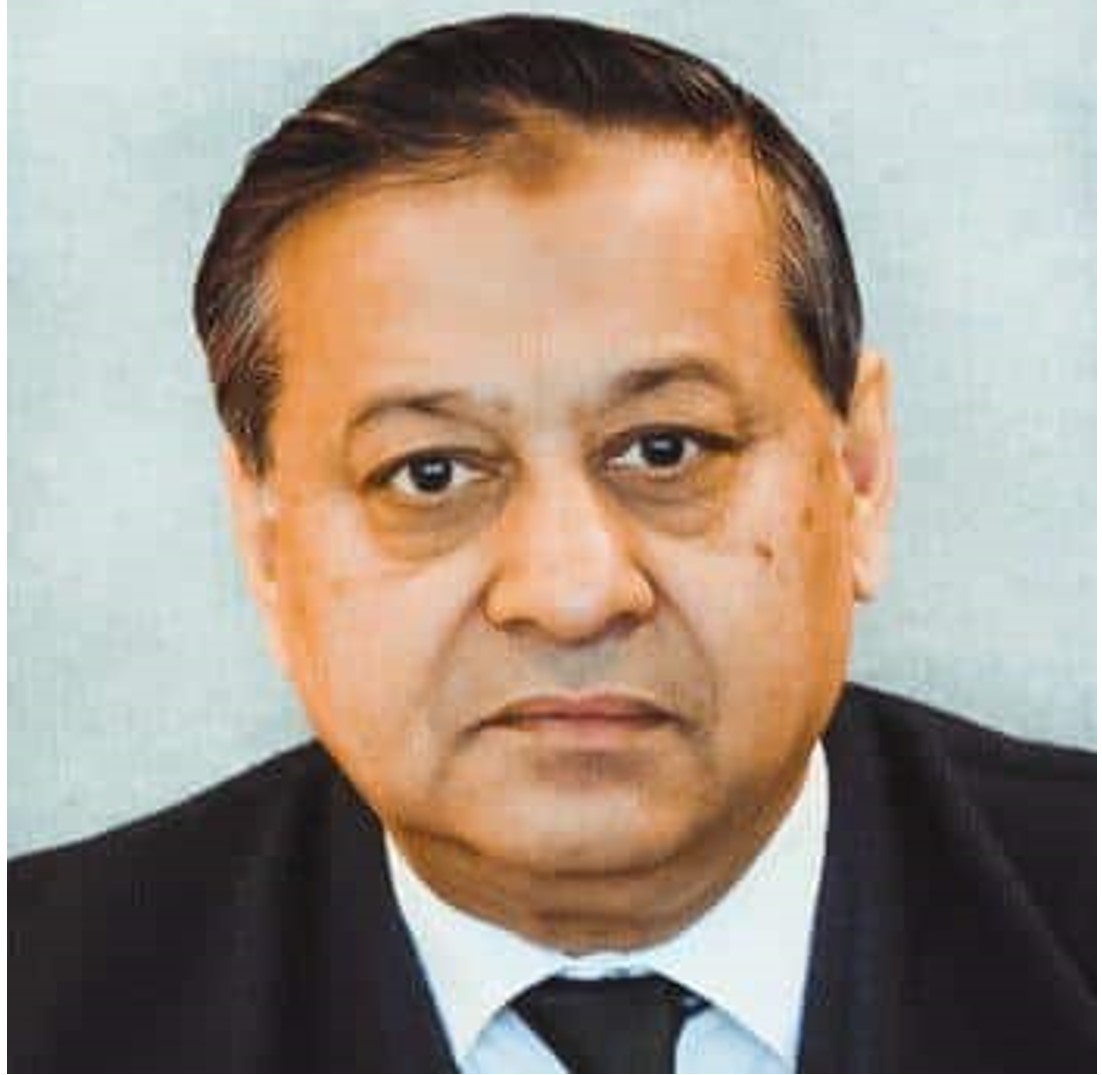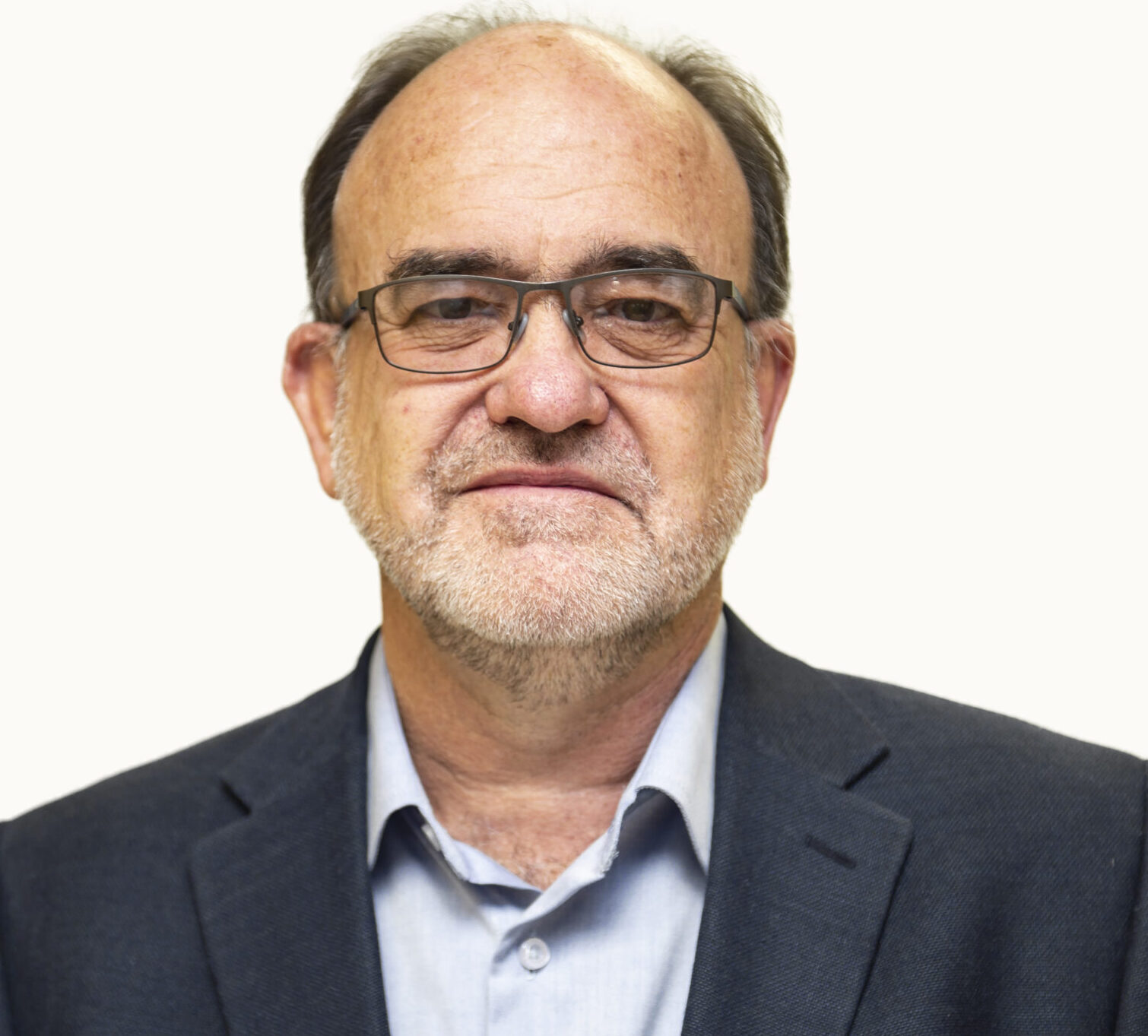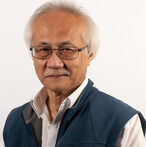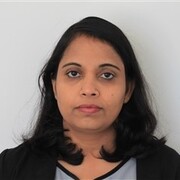Plenary Speakers
45th IEOM Global Engineering Education
Speaker Registration Link: https://www.xcdsystem.com/IEOM/attendee/index.cfm?ID=JgO5UEw
IEOM Society International addresses the issues of Global Engineering Education. There are various levels of readiness of engineering graduates from various parts of the world. One of the main themes is how to reduce the readiness gap of engineering graduates around the world. The special focus is given to Industrial Engineering and Manufacturing Engineering including Engineering Management. Are the engineering graduates ready to take on the challenges of the current global economy? With the great success of Global Engineering Education Series of previous IEOM conferences, IEOM Australia Conference will have a dedicated session for the Global Engineering Education where distinguished speakers will discuss the readiness of engineering graduates for workforce around the world. Featured speakers will be from various part of the world to address engineering education challenges and opportunities.
Global Engineering Education Topics can be related on:
- Accreditation
- Learning Assessment
- Problem based learning
- Project based learning
- Active collaborative learning
- Student learning assessment
- Teaching and learning
- Pedagogy
- Curriculum improvement
- Innovation and entrepreneurship
- Global engineering education challenges
- Industrial engineering, manufacturing engineering, systems engineering, integrated engineering, reliability engineering, quality engineering and similar Education
Each speaker needs to submit a title of the talk, photo and a short bio as well as power point presentation. All will be included in the 11th Annual Singapore Conference proceedings. If you are interested to be distinguished feature speaker, please contact info@ieomsociety.org for details.
Each Speaker needs to register for the 2023 IEOM Melbourne Conference. Please register online.
DISTINGUISHED SPEAKERS
All times are in Melbourne Time
Session I: Global Engineering Education (Room – 1)
8:00 – 9:40 am (Tuesday, November 14, 2023)
Session Chair: Dr. Nilupa Herath
Speaker I
Dr. Jan Harm Christiaan Pretorius
Professor
Postgraduate School of Engineering Management
DIng: Electrical and Electronic
Rand Afrikaans University
South Africa
Jan Harm Christiaan Pretorius obtained his BSc Hons (Electrotechnics) (1980), MIng (1982) and DIng (1997) degrees in Electrical and Electronic Engineering at the Rand Afrikaans University and an MSc (Laser Engineering and Pulse Power) at the University of St Andrews in Scotland (1989), the latter cum laude.
He worked at the South African Atomic Energy Corporation (AEC) as a Senior Consulting Engineer for 15 years. He also worked as the Technology Manager at the Satellite Applications Centre (SAC) of the Council for Scientific and Industrial Research (CSIR). He is currently a professor: Postgraduate School of Engineering Management in the Faculty of Engineering and the Built Environment where he worked since 1998. He was Head of School: Postgraduate School of Engineering Management (2015 – 2021). He has co-authored over 300 research papers and supervised over 70 PhD and over 300 Master’s students. He is a registered professional engineer, professional Measurement and Verification (M&V) practitioner, senior member of the Institute of Electrical and Electronic Engineering (IEEE), fellow of the South African Institute of Electrical Engineers (SAIEE) and a fellow of the South African Academy of Engineering.
Speaker II
Prof Lu Aye, PhD
Department of Infrastructure Engineering
University of Melbourne
Australia
Lu Aye is a Professor in the Department of Infrastructure Engineering at the University of Melbourne, Australia. Prof. Aye has more than 40 years of engineering experience in university teaching, research, development, demonstration and commercialisation of renewable energy and energy efficiency technologies.
He has been internationally recognised as an expert in low-carbon technologies for built environment applications. His research areas include heating, ventilation, air-conditioning and refrigeration systems, waste to resources, complex systems modelling. Prof. Aye applied phenomenological modelling and simulation approaches for optimising energy systems. He also utilised computational and participatory approaches for modelling socio-ecological systems under deep uncertainty. These system models have been applied for identifying the effects of policy interventions and robust decision making. He has been recognised as a leading expert in modelling, simulation, optimisation and forecasting of complex systems behaviours.
Speaker III
Dr. Nilupa Herath
Lecturer, Department of Infrastructure Engineering
University of Melbourne
Australia
Dr. Nilupa Herath is a Lecturer at the Department of Infrastructure Engineering in the University of Melbourne.
She is an experienced structural Engineer who has worked in Australia and overseas in variety of construction projects.
Nilupa’s research interest include Sustainable buildings, bridge engineering, tall buildings, earthquake engineering, engineering education and engineering management.
Speaker IV
 Professor Akhtar Kalam
Professor Akhtar Kalam
Leader – Smart Energy Research Unit
College of Sport, Health and Engineering (D524)
Victoria University
Ballarat Road
Footscray 3011
Victoria, Australia
Presentation Title: Experience with the introduction of problem-based learning curriculum to the Bachelor of Engineering degree courses
This presentation gives an overview and background briefing on introduction of Problem-Based Learning as the central educational paradigm and methodology in engineering courses. Related courses can include all of engineering and associated double degrees programs.
Problem-Based Learning (PBL) represents a radical change in educational approach. In the first year of implementation, it has been difficult to convey the full picture in any standard form of Course Change documentation. Initially the intention was to replace conventional engineering program by the PBL curricula initially in Year 1, and then to introduce PBL progressively to the Second, Third and Fourth Years progressively. However, with the introduction of the PBL came associated issues of delivery, academic staff expertise, motivation and interest of academic staff, resources, academic standards and quality, recognition by the accreditation bodies like Engineers Australia.
The first sections of this presentation will outline the rationale for the change, the nature of PBL, and the way in which it achieves its objectives, before moving to the specifics of its introduction in Electrical Engineering – in particular the issues faced and how it was resolved.
Past Programs of IEOM Global Engineering Education
- 2014 Bali – IEOM Global Engineering Education
- 2015 Dubai – IEOM Global Engineering Education
- 2015 Orlando – IEOM Global Engineering Education
- 2016 Kuala Lumpur – IEOM Global Engineering Education
- 2016 Detroit – IEOM Global Engineering Education
- 2017 Rabat Global Engineering Education Speakers
- 2017 Bristol, UK – IEOM Global Engineering Education
- 2017 Bogota – IEOM Global Engineering Education
- 2018 Bandung – IEOM Global Engineering Education
- 2018 Paris – IEOM Global Engineering Education
- 2018 Washington DC – IEOM Global Engineering Education
- 2018 Pretoria – IEOM Global Engineering Education
- 2019 Bangkok – IEOM Global Engineering Education
- 2019 Pilsen – IEOM Global Engineering Education
- 2019 Toronto – IEOM Global Engineering Education
- 2019 Riyadh – IEOM GEE
- 2020 Dubai- IEOM Global Engineering Education
- Detroit 2020
- Harare 2020
- Singapore 2021
(Click on the name of the speakers for pdf presentation file)
- Dr. Jinwoo Park
- Prof. Don Reimer
- Dr. Hongyi Sun
- Dr. Ilham Kissani
- Dr. Eugene Rex Jalao
- Dr. Gulnara Abitova
- Dr. James Chen
- Dr. FJ Kahlen
- Dr. Erik Sundin
- Dr. Abdul Hakim Halim
If you have any question about IEOM Conference and/or IEOM Society, please contact: info@ieomsociety.org.



